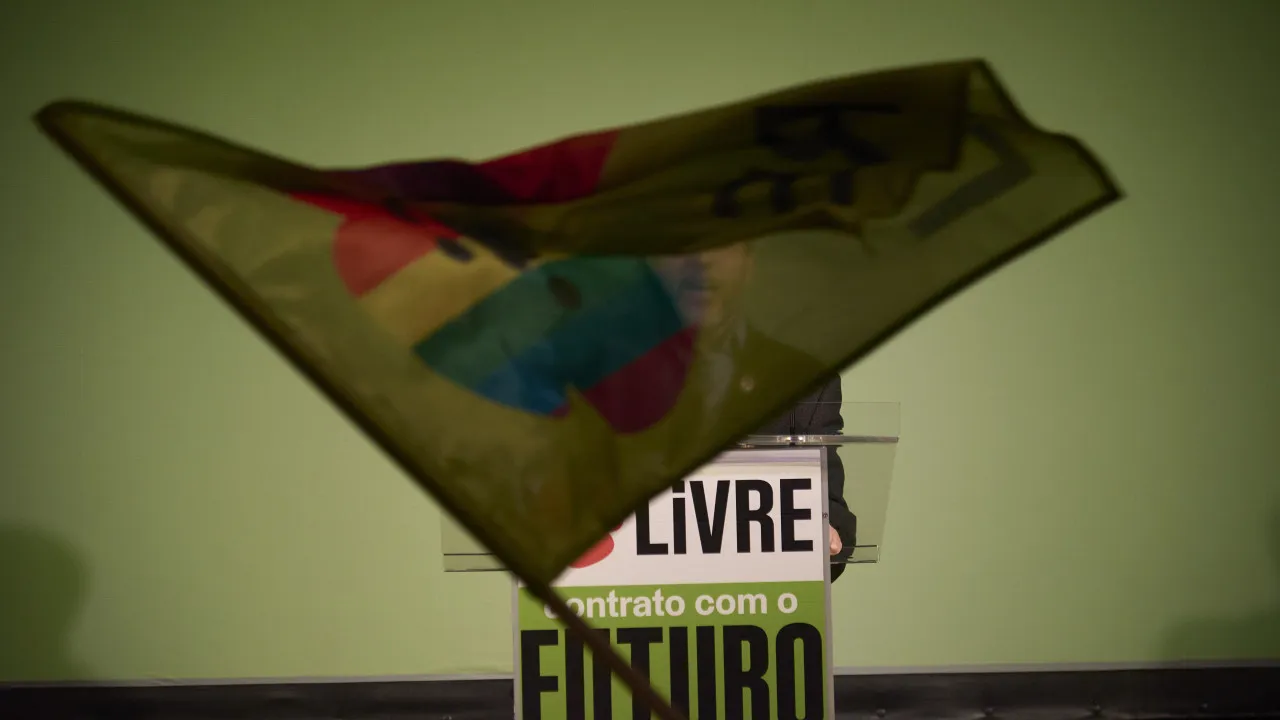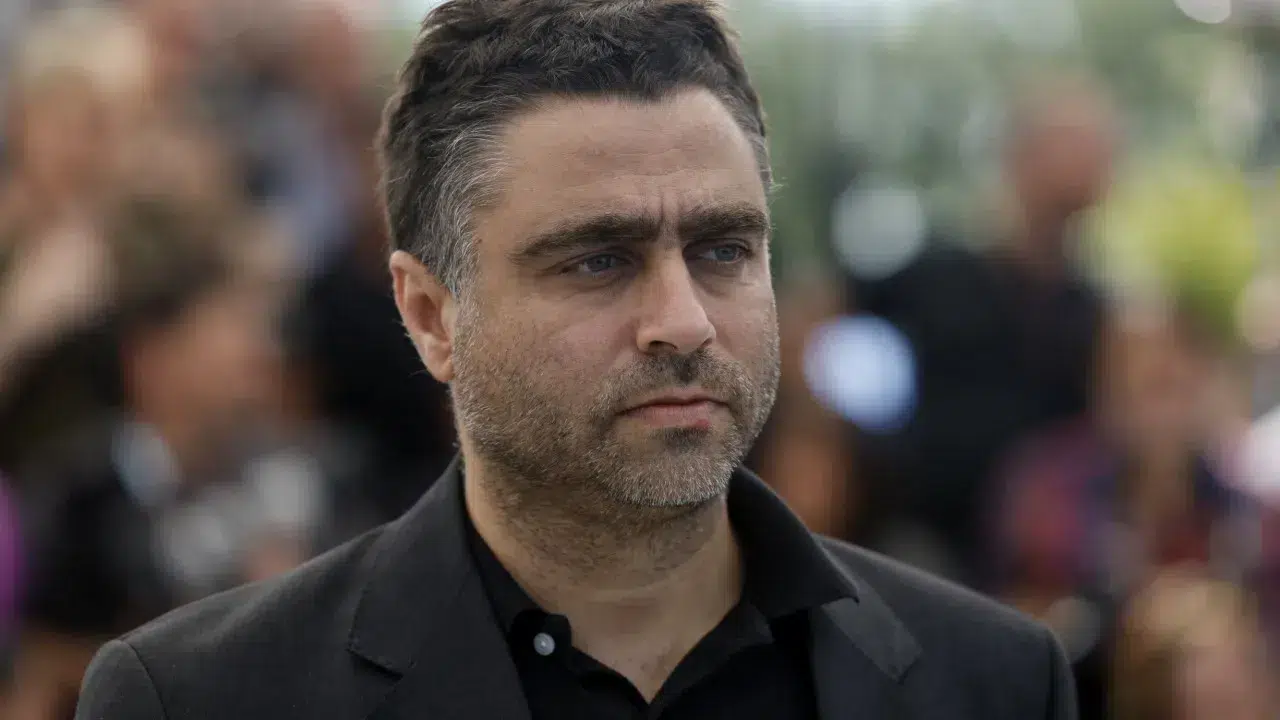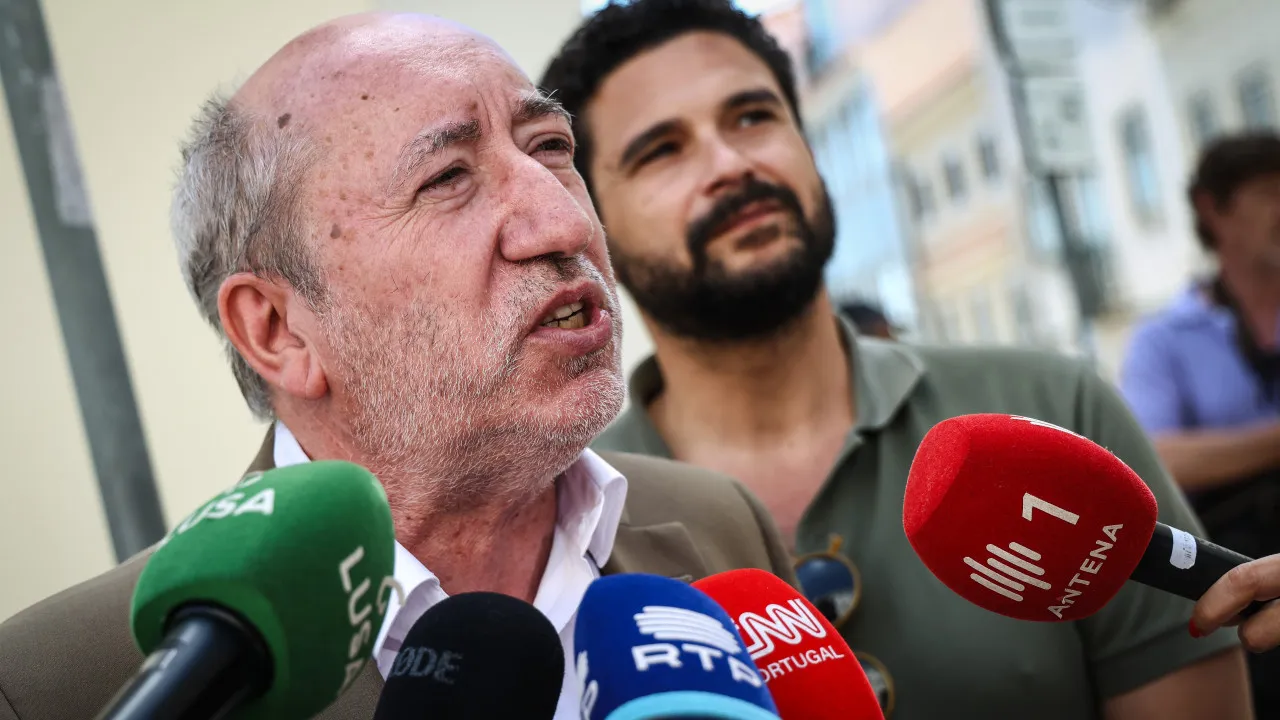
In the 2021 local elections, the Livre party was navigating a tumultuous period: after electing a deputy to the Assembly of the Republic in 2019, the party lost its parliamentary representation when Joacine Katar Moreira lost political confidence and became an independent lawmaker.
During that time, Rui Tavares ran in the local elections and became a councilor in the Lisbon City Council. Isabel Mendes Lopes, now spokesperson and parliamentary leader, took office in the Municipal Assembly of the capital.
Overall, Livre secured eight local positions, which it maintains to this day: one councilor in Lisbon, one municipal deputy in Lisbon, Oeiras, Felgueiras, and Vila Real de Santo António, and three members in the parish assemblies of Penha de França, Lumiar, and Carnaxide and Queijas.
In the 2022 national legislative elections, Rui Tavares was elected to the Assembly of the Republic, marking an upward electoral trajectory for the party, which now has a parliamentary group of six members and is the most-voted leftist political force behind the PS, surpassing parties like Bloco de Esquerda (BE) and the Communist Party (PCP).
In 2021, the party, long an advocate for leftist convergence, sought to form coalitions across the country, succeeding in establishing three: in Oeiras with BE, Volt, and the independent movement ‘Evoluir Oeiras’; in Felgueiras with the independent movement ‘Sim, Acredita’ and the PS; and in Lisbon with the PS and two independent movements.
This year, according to an official party source, Livre has around twenty left-wing coalitions among forty candidacies, with major bets in Lisbon (led by socialist Alexandra Leitão, including PS, Livre, BE, and PAN), Sintra (with socialist Ana Mendes Godinho supported by PS and Livre), and Porto, where the party is nominating leader Hélder Sousa.
Overall, Livre is aligned with PS, BE, and PAN in Lisbon, Albufeira, and Ponta Delgada; only with PS in Felgueiras, Sintra, and Vila Real; with PAN and PS in Póvoa de Varzim and Trofa; with independents (Cidadãos por Coimbra), PS, and PAN in Coimbra; with the independent movement ‘Evoluir Oeiras’, BE, and Volt in Oeiras; with BE and PAN in Cascais, Figueira da Foz, Leiria, Loures, Odivelas, Olhão, Portimão, and Silves; and only with BE in Barreiro, Castelo Branco, Loulé, Odemira, and Santarém.
It also presents its own lists in Amadora, Aveiro, Barcelos, Braga, Caldas Rainha, Entroncamento, Faro, Matosinhos, Montijo, Oliveira Azeméis, Paços de Ferreira, Penafiel, Porto, Sta. Maria Feira, Rio Maior, Tomar, and Vila Franca de Xira.
None of the deputies in the Assembly of the Republic will be running in local elections.
This shift in left-wing alliances in these local elections (excluding the PCP) was noted by party spokesperson Rui Tavares: “There is a very real change in local politics on the left,” he stated last month.
“With the emergence of Livre and the relevance Livre has gained in Portuguese politics, there are indeed many left-wing coalitions,” he emphasized, also highlighting the importance of countering “a right that is radicalizing and becoming increasingly reactionary.”
Electoral goals for Livre include “increasing elected representatives” and helping “to halt the rise of the far-right in local power.”
“Portugal and its regions cannot fall into the trap of easy politics, politics that divide instead of uniting, that only criticizes and shouts without offering proposals. One of Livre’s aims is precisely to contribute with elected representatives and proposals for a more just, inclusive, and ecological future, always keeping in mind that it is for the people that we work,” the party stated.
The local elections are scheduled for October 12.




